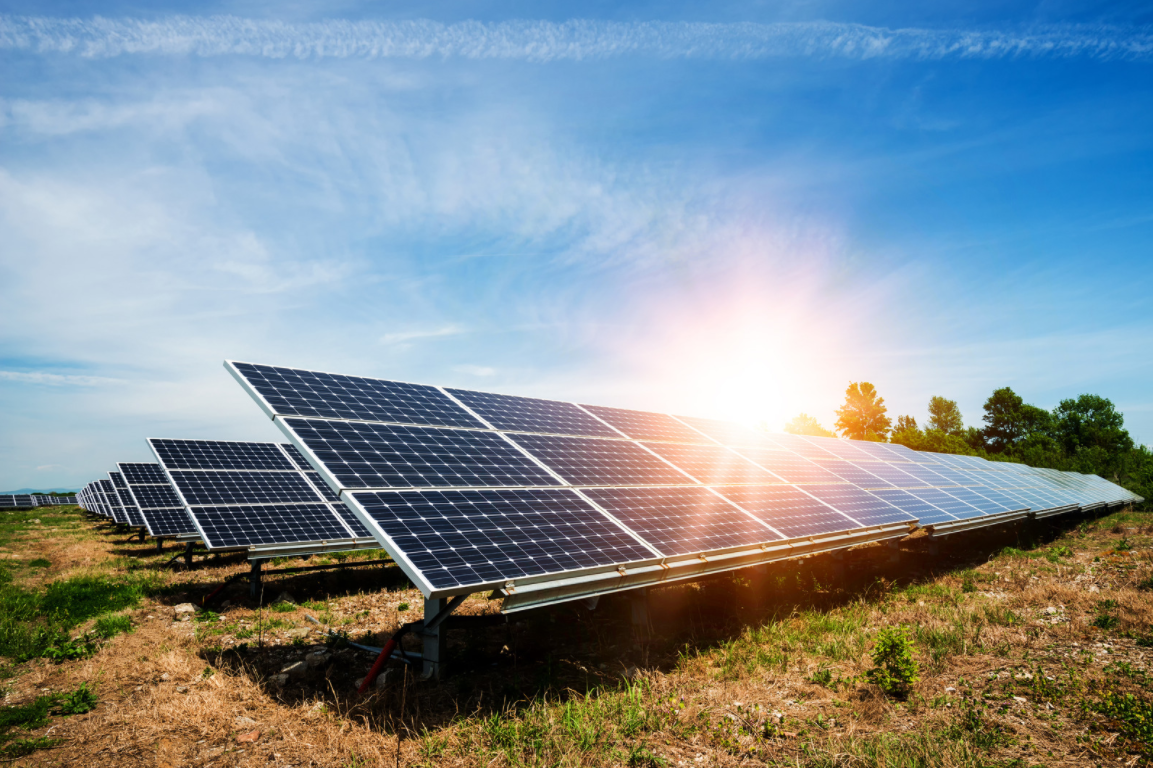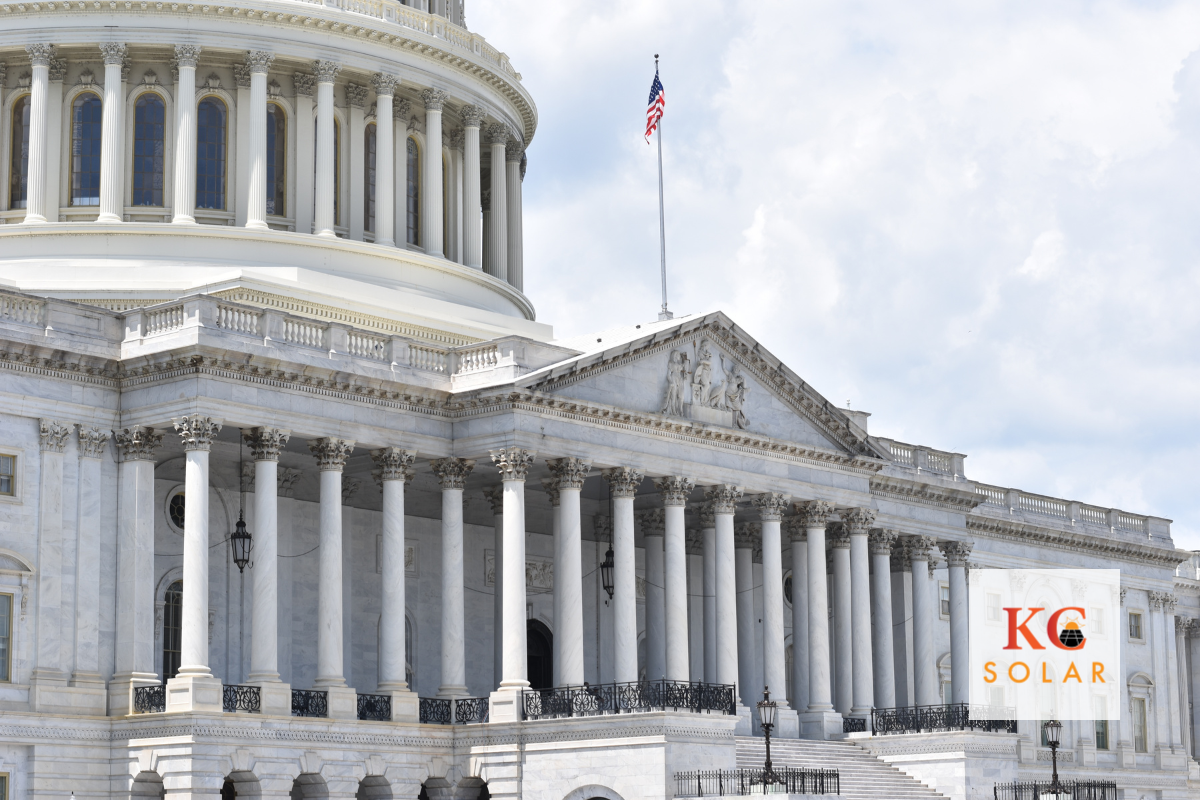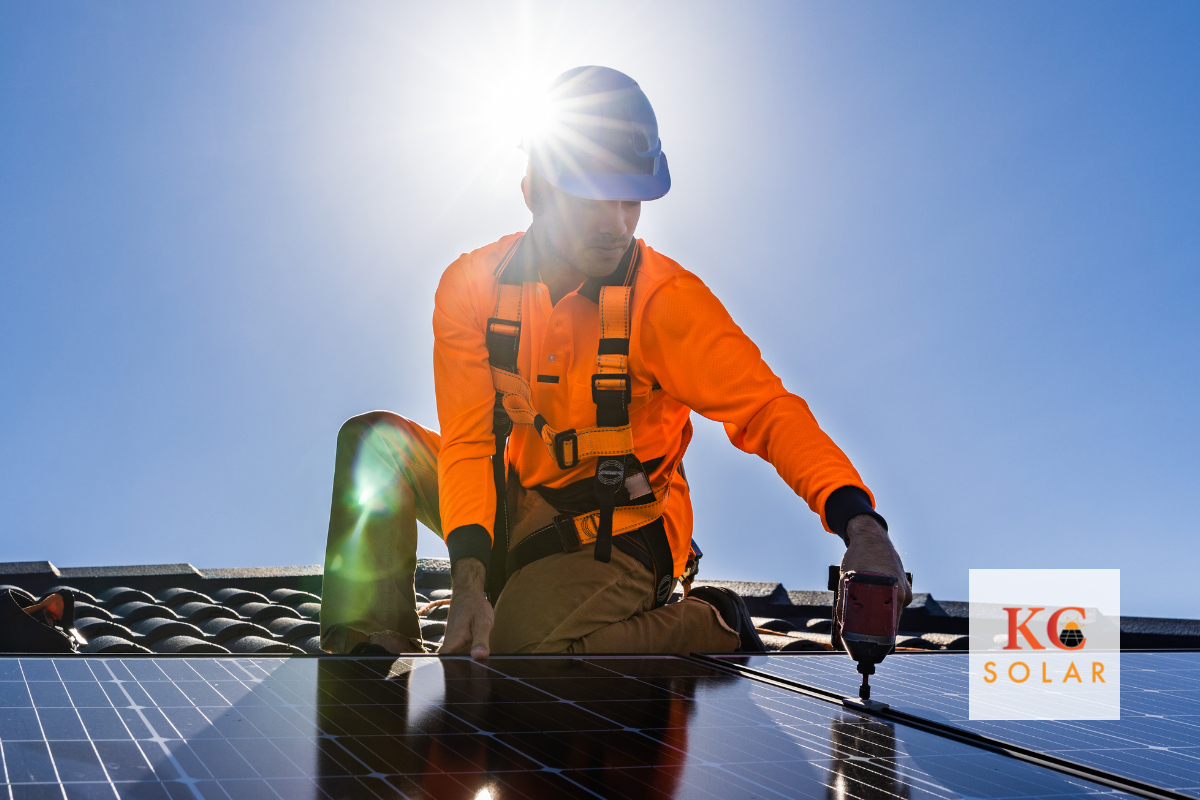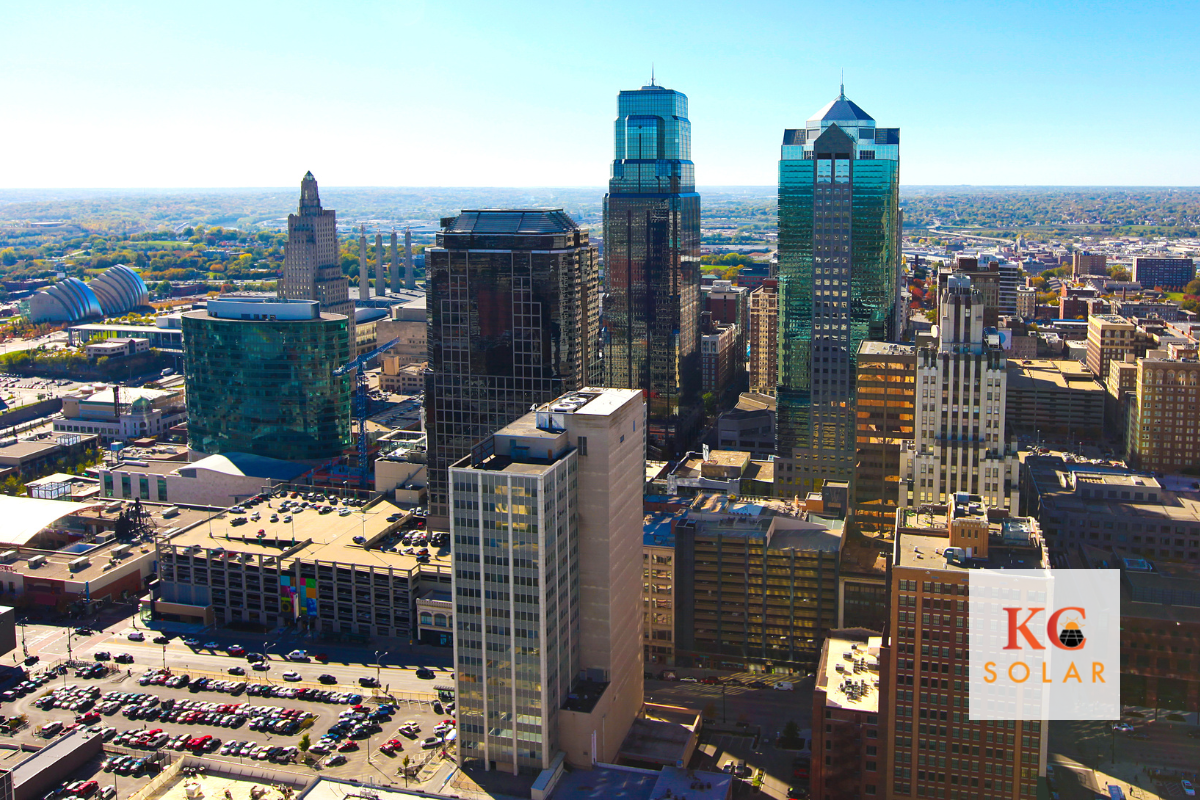When you think of solar panels, you may think of a few things. First on people’s minds is often the idea of saving money. And for good reason: Going solar can dramatically reduce, or even eliminate, your monthly electric bill. It can also increase your home’s value, and you can even get tax credits from the government if you install solar panels. But solar energy is more than just that — it’s also great for the environment.
The impacts of climate change can be seen almost everywhere. And in the past few weeks particularly, it’s been impossible to ignore. Parts of the Western U.S. are on fire, while the South and Northeast have been pummeled by Hurricane Ida and dangerous flooding.
The world increasingly looks to mitigate the effects of climate change. As a sustainable energy source, solar power can be part of the equation. Learn more about how solar energy can help the environment.
Solar Panels Are Emission-Free
You may hear a lot about “emissions” when it comes to conversations about the environment and climate change. But what are emissions?
“Emissions” is the term used to describe the gases and particles which are put into the air or emitted by various sources, according to the Environmental Protection Agency. In other words, emissions are types of pollutants that enter our atmosphere. Carbon dioxide and other greenhouse gases are particularly concerning. They have been scientifically proven to contribute directly to climate change.
As it turns out, the electric power sector — as it stands now — is responsible for 28% of all greenhouse gas emissions in the United States, one of the largest overall contributing industries.
But making a switch to solar panels could change this story. Unlike other forms of “traditional” energy, such as coal, oil, and gas, solar panels are emission-free. That means you’re getting the same desired result — electricity for your home or business — without polluting the environment at the same time.
Solar Panels Reduce Dependence on Fossil Fuels
Coal, oil, and natural gas — these “traditional” energy sources are also known as fossil fuels. That’s because, over millions of years, the earth turned the decomposed remains of plants and animals into what we use today for energy.
But while they are natural resources, they are also non-renewable. There’s a finite amount of them. And once we run out, there isn’t going to be any more. So not only are fossil fuels a less-than ideal source of energy due to the pollution released into the atmosphere when they are burned, they’re also going to run out some day.
Decreasing our world’s dependence on fossil fuels is a challenge that a shift to solar energy can help meet. Unlike fossil fuels, solar panels are what is known as “renewable energy.” That means that, no matter how much we use it — even if every person in the world were to install solar panels — we’re never going to run out.
(Unless the sun dies. In that case, we probably have bigger issues at hand.)
Solar Panels Don’t Require the Use of Water
Of course, it’s true that solar panels aren’t the only type of renewable energy source that exists. Hydropower, for example, is another type of clean energy. It doesn’t pollute the environment like the burning of fossil fuels. And with so much water on Earth, it’s not something we’re likely to run out of any time soon.
But even hydropower has its downsides. In order to gather electricity, dams are required to control water flow and direct it as needed. This can upset the local ecosystem and displace residents and wildlife in the process. Plus, there’s all the time it takes to set up the infrastructure necessary for water to be a viable energy source.
Unlike hydropower, and unlike the traditional energy sources, solar panels don’t require the use of any water in order to operate. That means that water, which is a precious resource on its own, remains available for other purposes.
Solar Panels Are Viable on a Large Scale
When it comes to combating climate change and switching to renewable energy sources, some options we have are simply more feasible than others.
Hydropower and wind power are two types of clean energy that have grown in the U.S., but their operational requirements can be limiting: hydropower requires an existing water source, while wind power requires enough physical space for the turbines.
Solar panels, on the other hand, are an energy source with very few startup requirements. Homeowners, business owners, and governments can install them in spaces that are otherwise unused. Plus, solar energy has become more affordable than ever before — in 2020, the International Energy Agency called solar the “cheapest electricity in history.”
Plus, it turns out that not every person in the country needs to install solar panels: according to the National Renewable Energy Laboratory, putting solar panels on 0.6% of the United States’ total land area could supply enough electricity to power the entire country.
With all this in mind, it’s easy to see why solar is a leading choice for renewable, clean energy as our country and our world look toward a greener future.
Benefit the Environment and Your Pocketbook
If you are looking for the best solar company in Kansas City, look no further than KC Solar. They are your local Kansas City solar panel installation experts. Once you schedule a no-pressure site visit, our experts will help you understand what solar system specifications would be best for your home or business.
KC Solar is the only local solar company in Kansas City with KC natives who own and operate the daily activities of the business. What does that mean for you? We care about you because we care about this city, and we only want the best for it.
And be sure to download our Free Solar Panel Buying Guide for more information.
We look forward to serving you!






